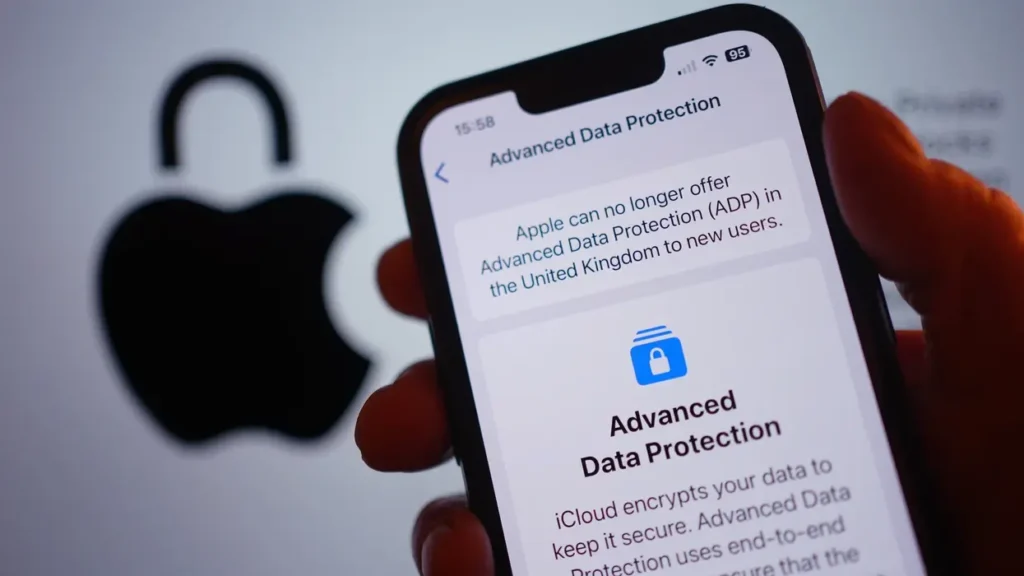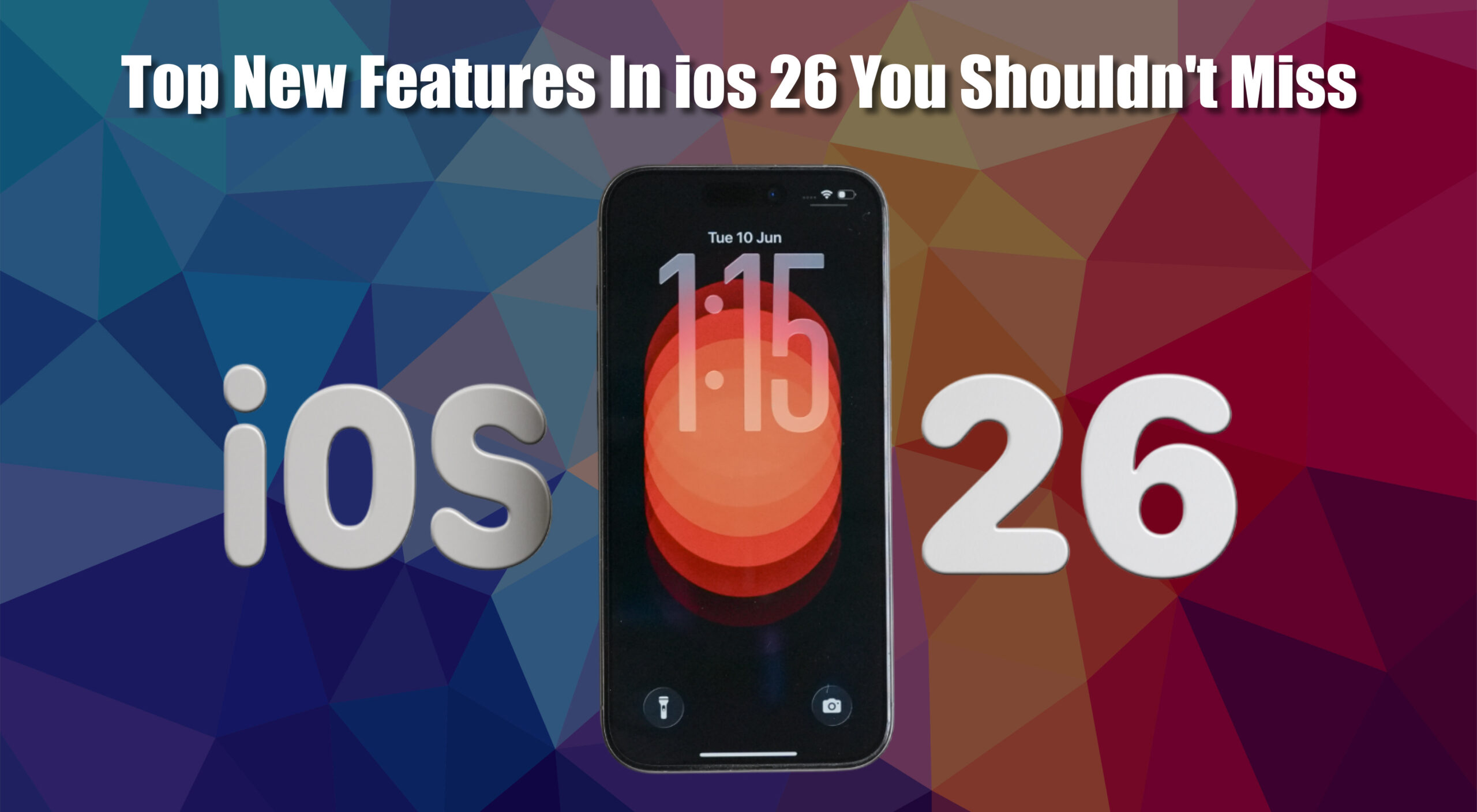
Introduction
Users and cybersecurity specialists are worried after Apple purportedly eliminated one of its most important security measures in an unexpected move. Particularly for individuals who depend on Apple’s ecosystem for data protection, this shift has sparked concerns about the company’s dedication to privacy and security. What this change means, who is impacted, and how users can protect their data going forward are all covered in this post.
Apple’s Reputation for Security and Privacy
Apple has long been a leader in digital security, boasting robust encryption, Face ID, and advanced privacy settings. The company’s commitment to user privacy has been a major selling point, with features like App Tracking Transparency and end-to-end encryption setting industry standards. However, the recent removal of a key security feature challenges this reputation, leaving many wondering about Apple’s future security strategies.
What Security Feature Was Removed?
Due to Apple’s covert removal of a crucial security component, some of its users are now at risk from online attacks. Previously accessible on all Apple devices, this function played a crucial role in protecting sensitive and private information. Since Apple has not provided a clear explanation for the removal, there is a lot of conjecture and worry among tech aficionados and security experts alike.
Also Read :
Why Did Apple Remove This Security Feature?
Several theories have emerged regarding Apple’s decision:
- Regulatory Compliance: Apple may have been forced to make this change due to compliance issues with government regulations in certain countries.
- Technical Limitations: According to some theories, Apple may have removed the feature due to technical issues or flaws in the feature itself.
- Strategic Business Decisions: Although nothing has been confirmed, Apple may be planning to provide a more sophisticated security solution.
Who Is Affected by This Change?
The removal of this security feature primarily impacts:
- Users of iPhones and iPads: People who depend on Apple’s security measures to safeguard their private information.
- Professionals in business: Organizations that rely on Apple products for safe communication.
Those who incorporate Apple’s security measures into their operations are developers and IT administrators.
How This Impacts User Security
1. Increased Vulnerability to Cyber Threats
Without this protection feature, customers are more vulnerable to malware, phishing, and data breaches, among other possible threats.
2. Privacy Concerns
Apple customers may no longer feel as secure about their personal and professional data if they previously trusted the company’s strict privacy policies.
3. Reduced Trust in Apple’s Security Policies
Since Apple’s reputation is based on privacy and security, these changes could erode consumer trust and damage future purchases.
Also Read :
How to Protect Yourself
There are a few methods customers may protect their devices, even though Apple’s choice is alarming:
1. Turn on two-factor authentication (2FA) To increase security, if you haven’t already, enable two-factor authentication for your Apple ID.
2. Use a VPN to Protect Your Online Privacy
To help safeguard your data, a Virtual Private Network (VPN) encrypts your internet connection.
3. Maintain the Updates on Your Apple Devices
To ensure you receive the most recent security fixes, update your devices often.
4. Take into Account Third-Party Security Apps
Where Apple fails to improve security, apps like Avast, Bitdefender, or NordVPN can help.
Industry Reactions and Expert Opinions
Security experts have expressed concerns over Apple’s move. Some believe it might be a temporary measure before a better feature is introduced, while others worry it’s a shift away from Apple’s core security principles.
Tech analyst John Smith states, “Apple’s decision to remove a fundamental security feature without a public statement is troubling. Users deserve transparency and alternative solutions.”
What Apple Has to Say
So far, Apple has not issued an official statement explaining the rationale behind this decision. However, given the widespread criticism, an announcement or clarification may be expected soon.
Conclusion
Apple’s removal of a major security feature has left many users vulnerable and questioning the company’s commitment to privacy and data protection. While alternatives exist, users must now take extra steps to ensure their devices remain secure. As Apple navigates this controversial decision, consumers will be watching closely for updates and potential new security measures.
Stay informed with the Global Apple News to keep track of Apple’s security developments and how they impact users worldwide.










